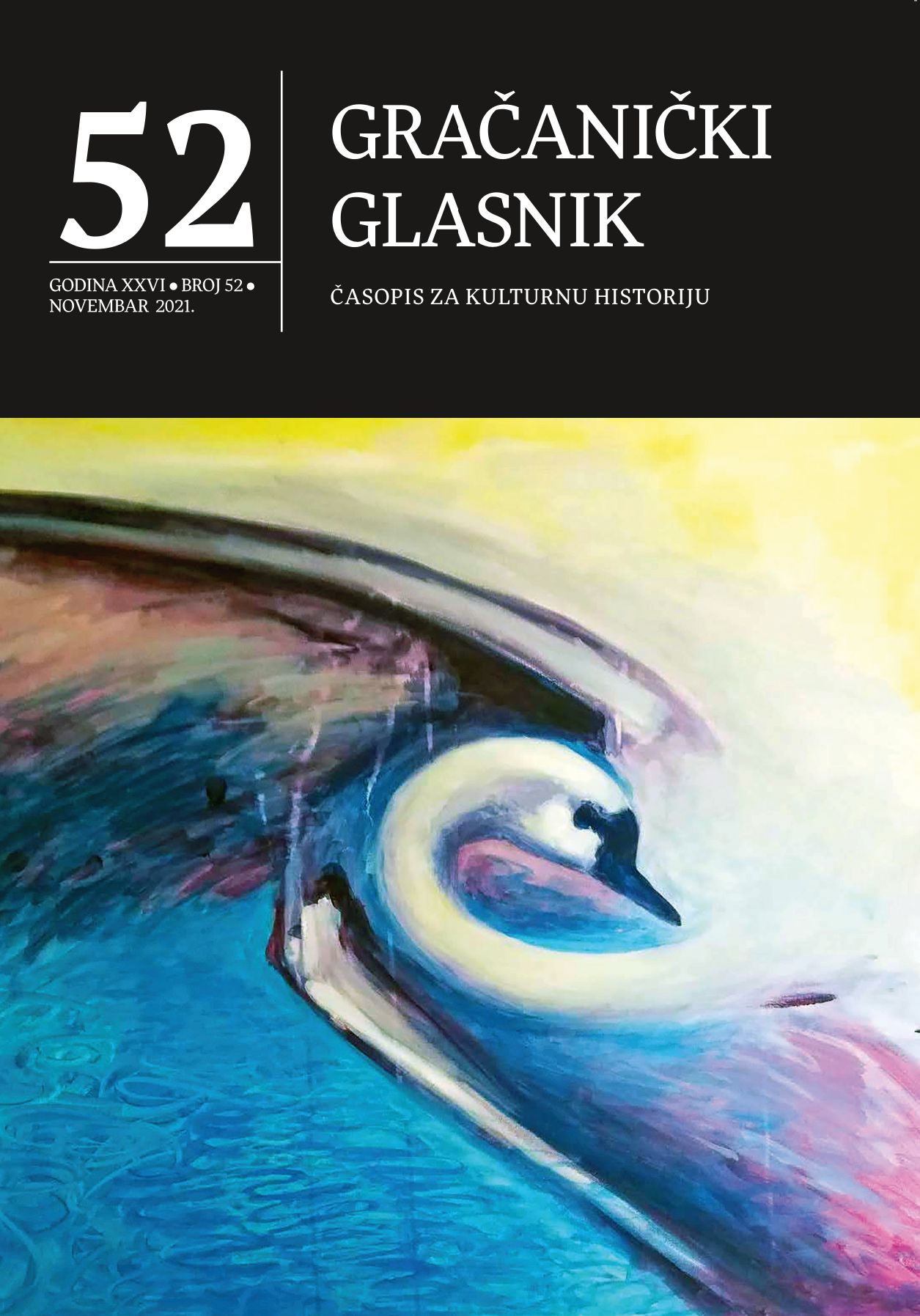Bilješke o Biljegu: prilog arhiviranju sjećanja
Notes on Biljeg: a contribution to the archiving of memories
Author(s): Vedada BarakovićSubject(s): History, Cultural history, Local History / Microhistory, Politics of History/Memory
Published by: Izdavačka kuća »Monos« d.o.o
Keywords: Gračanica; individual memories; collective memory; memory archive; Biljeg vremena;
Summary/Abstract: The relationship between the present and the past is a dynamic process that is often abused. Especially nowadays in Bosnia and Herzegovina – as well as in the surrounding area – revisionist processes of relativizing the truth and rewriting history for the purpose of political and ideological goals are apparent. Thus, in public discourse, dominant frameworks for the reconstruction and representation of the past are increasingly being imposed, and these frameworks are sometimes in conflict with the existing forms of individual memories (Assman, 2011). Individual memories are a necessary part of collective memory which are not only subject to change, but they are, in specific historical moments, powerful drivers of change, which we have been able to witness since the 1990s in the Balkans. Individual memory has a transformative character, is unreliable, by necessity associated with forgetting, and as such remains a fluid, changeable category and can always be reconstructed in new acts of memory (Assman, 2012). The frames of individual memories are suppressed by new challenges of the turbulent globalist age, by unpredictable processes, especially insecure and threatening for fragile communities such as our own country. Therefore, the need to preserve documents on past events in Bosnia and Herzegovina, but also to archive memories of that period. The distance of time, almost 30 years is a significant time span for individual memories, marked by traumatic, collective and individual experiences in the war and post-war period. In the confrontation of dominant narratives in the construction of collective and individual memories, the phenomenon of inauthentic, prosthetic memory emerges (Landsberg, 2004). As such, inauthentic memories are more and more often mediated to the public, there is a danger that there is no safe position from which we can differentiate real from prosthetic memories (Ćurković Nimac & Sever, 2003:419). Archives of authentic, direct memories constituted in the interaction of actors of events from a certain period that are related to certain objects and places of memory, in this case the magazine Biljeg vremena, would be valuable in the process of nurturing the culture of memory and construction of collective memories.
Journal: Gračanički glasnik - Časopis za kulturnu historiju
- Issue Year: 2021
- Issue No: 52
- Page Range: 75-92
- Page Count: 23
- Language: Bosnian

